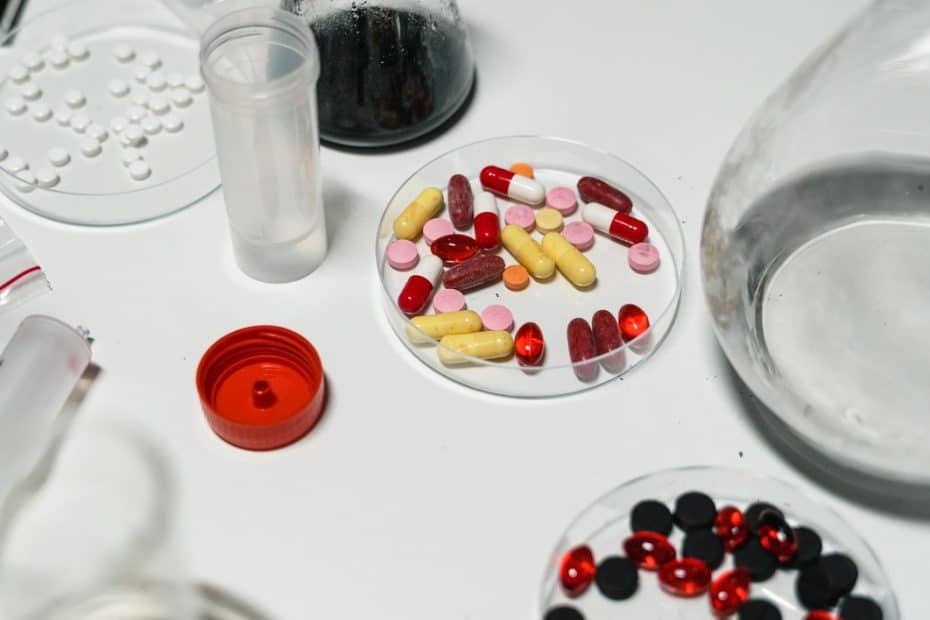In today’s digital world, smartphones and social media have become an integral part of our daily lives. While they can provide us with entertainment, connection, and convenience, they can also become addictive, leading to negative impacts on our mental and physical health, as well as our relationships. In this post, we will discuss phone addiction and addiction to social media, the harms they cause, and the treatments available for those struggling with these addictions.
What is Phone and Social Media Addiction?
Phone addiction, also known as Nomophobia, is the excessive and compulsive use of smartphones that interferes with daily activities, such as work, school, or social interactions. Symptoms of phone addiction can include constantly checking one’s phone, experiencing anxiety or panic when separated from the device, and neglecting other responsibilities.
Social media addiction, on the other hand, refers to the compulsive use of social media platforms, such as Facebook, Twitter, and Instagram. Symptoms of social media addiction can include spending hours scrolling through feeds, feeling anxious when unable to check social media, and neglecting other responsibilities or relationships.
Harms of Phone and Social Media Addiction
Phone and social media addiction can have negative impacts on various aspects of an individual’s life. Some of the common harms associated with these addictions include:
Impaired sleep: The blue light emitted by smartphones and computers can suppress the production of melatonin, a hormone that regulates sleep. As a result, excessive phone use before bedtime can lead to sleep disturbances and insomnia.
Poor mental health: Studies have found a link between excessive phone and social media use and increased rates of depression, anxiety, and stress.
Physical health problems: Phone addiction can lead to poor posture, eye strain, and headaches. Social media addiction can also contribute to sedentary lifestyles and reduced physical activity.
Relationship problems: Phone and social media addiction can lead to neglect of personal relationships, social isolation, and decreased communication skills.
Treatments for Phone and Social Media Addiction
Thankfully, there are various treatments available for those struggling with phone and social media addiction. Some of these treatments include:
Cognitive-behavioral therapy (CBT): CBT is a type of therapy that helps individuals identify and change negative thought patterns and behaviors. It has been found to be effective in treating phone and social media addiction.
Mindfulness-based interventions: Mindfulness techniques can help individuals become more aware of their phone and social media use, and reduce compulsive behaviors.
Digital detoxes: Taking a break from technology can be helpful in breaking the cycle of addiction. This can involve turning off phones and avoiding social media for a specific period, such as a day or a weekend.
Support groups: Joining a support group, either online or in-person, can provide a sense of community and help individuals feel less alone in their struggle with addiction.
Help for Phone and Social Media Addiction
If you or someone you know is struggling with phone or social media addiction, there are various resources available to provide help and support. These include:
Mental health professionals: Seeking help from a therapist or counselor can provide guidance and support in managing addiction.
Support groups: Joining a support group, such as those offered by organizations like SMART Recovery or the National Institute on Drug Abuse, can help individuals connect with others who are going through similar experiences.
Self-help resources: There are many books, apps, and online resources available that can provide guidance and support in managing phone and social media addiction.
Residential treatment and support: Entering a residential setting where physical separation from devices in a supportive environment coupled with target treatments as described above can kick start a life free from technology dependence. Education, CBT, and wider counselling to explore the mental and emotional dependence on devices in a safe and secure environment could be the answer you are looking for yourself or your loved one.



